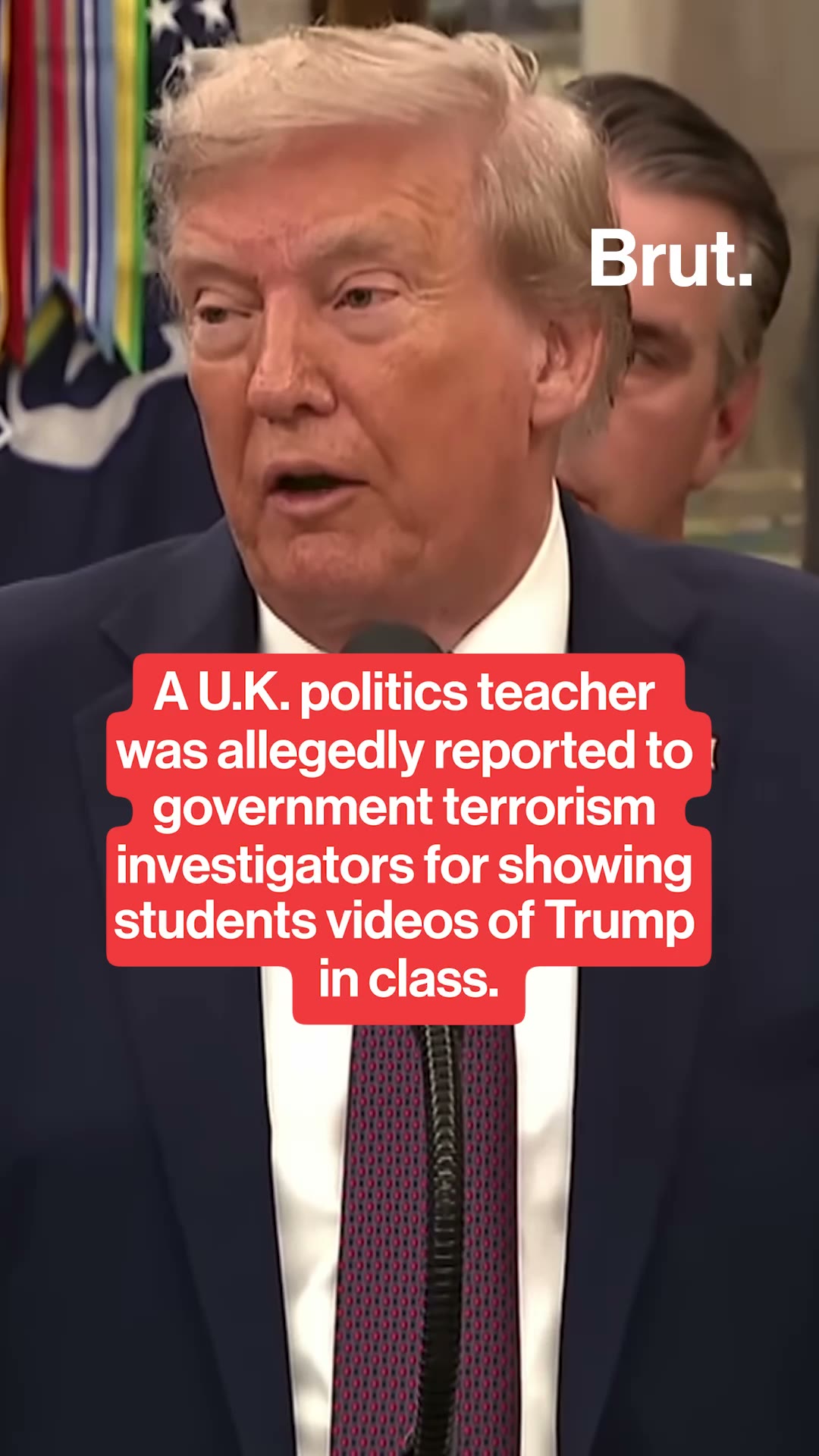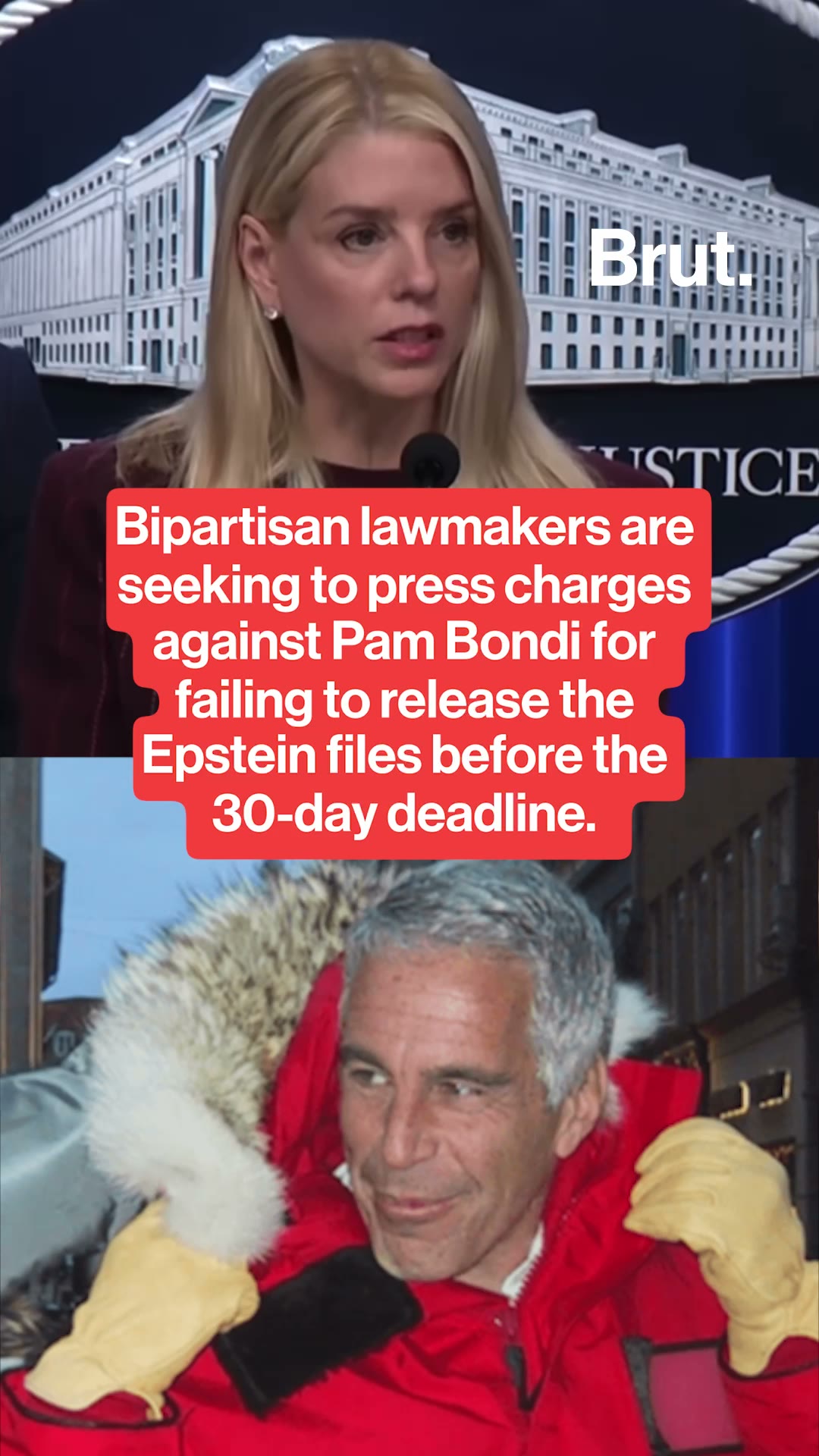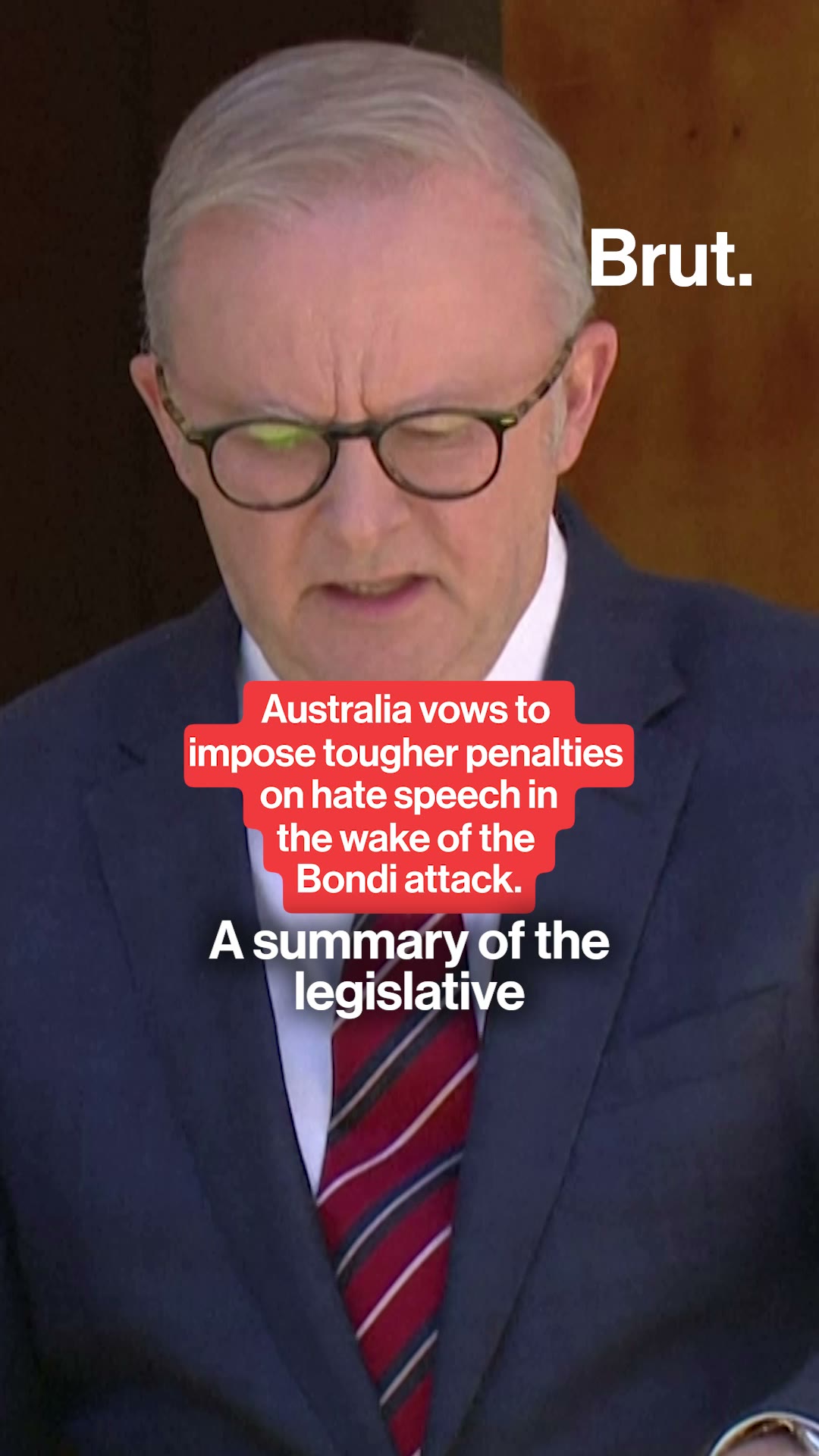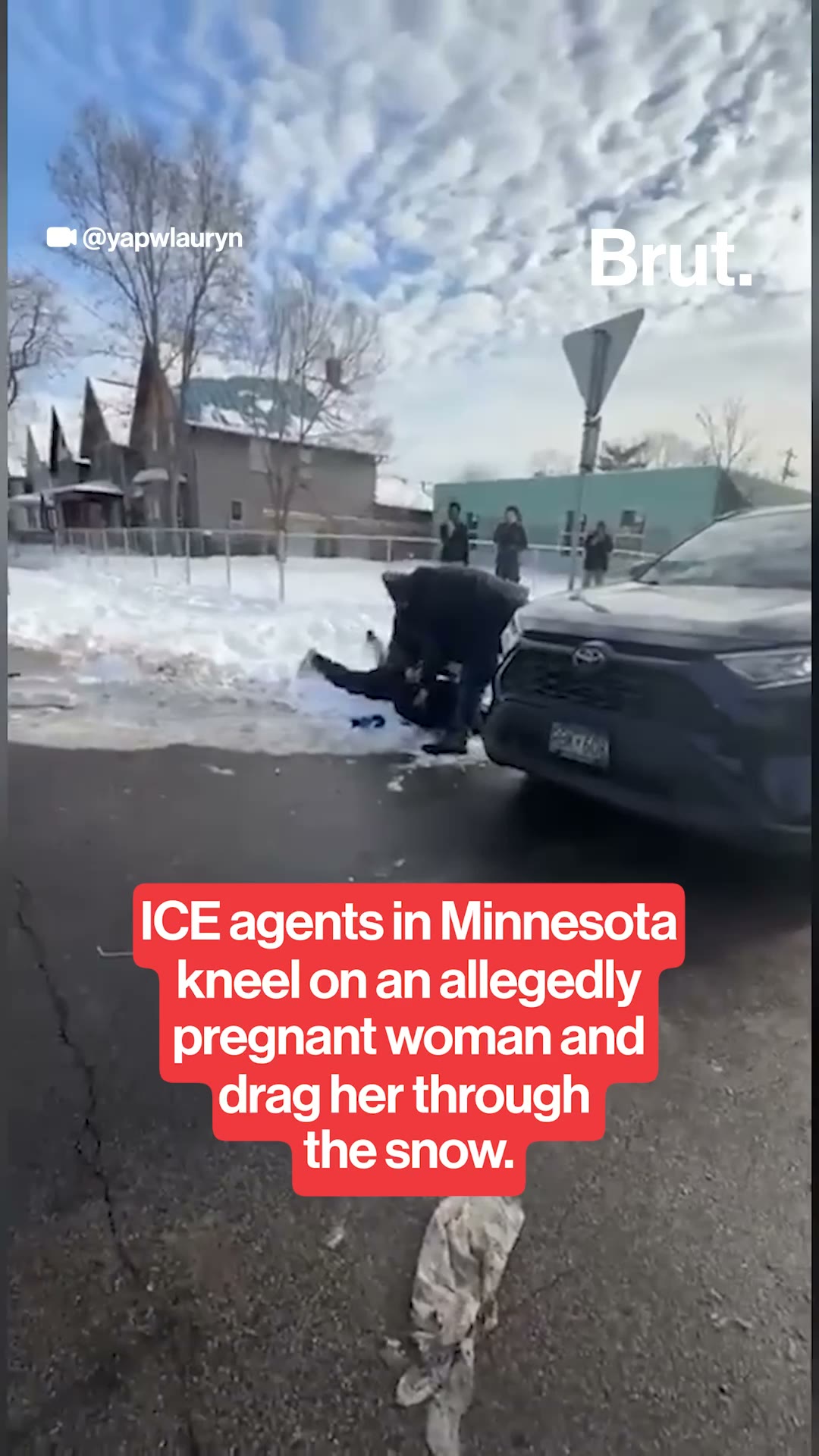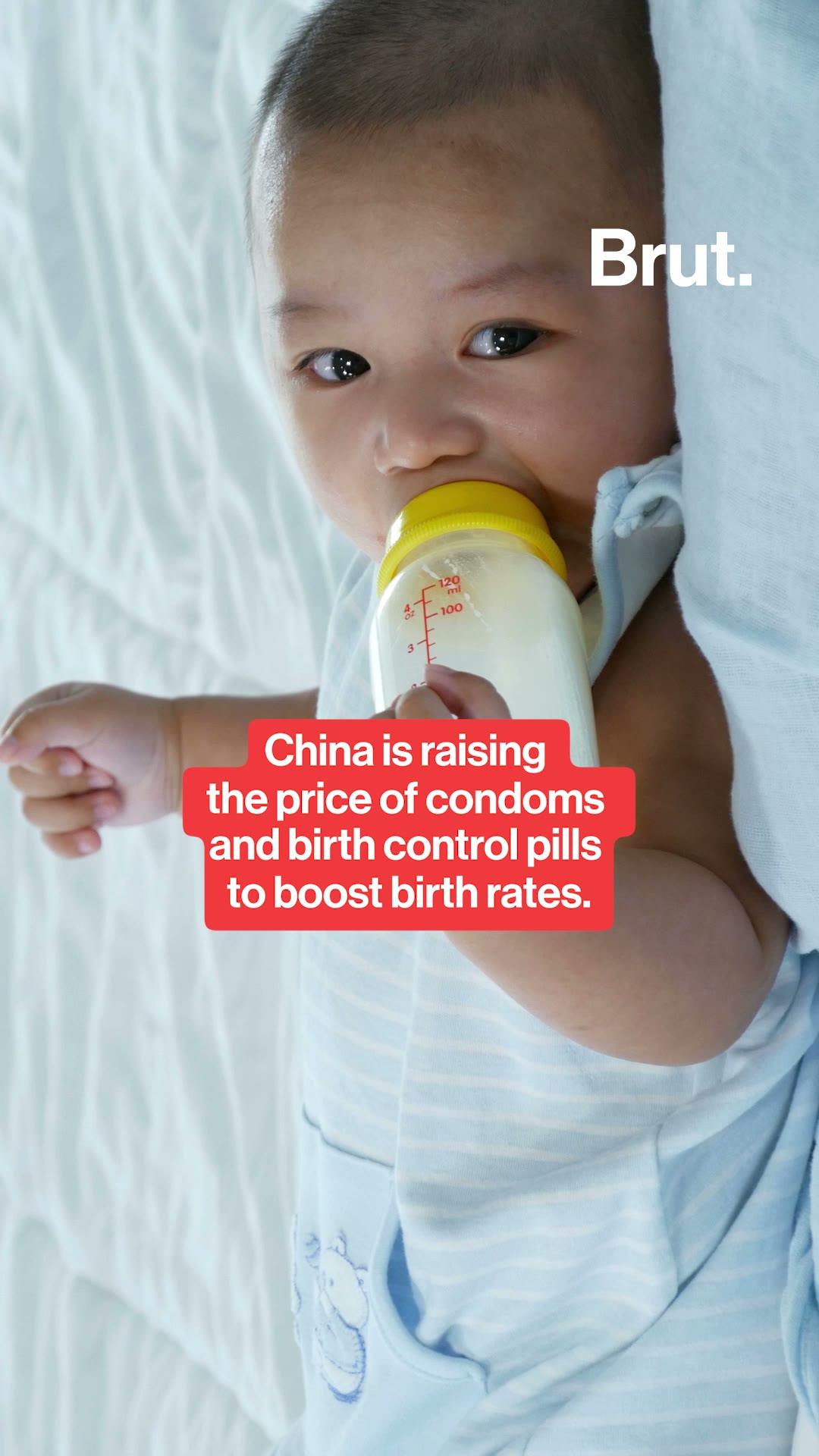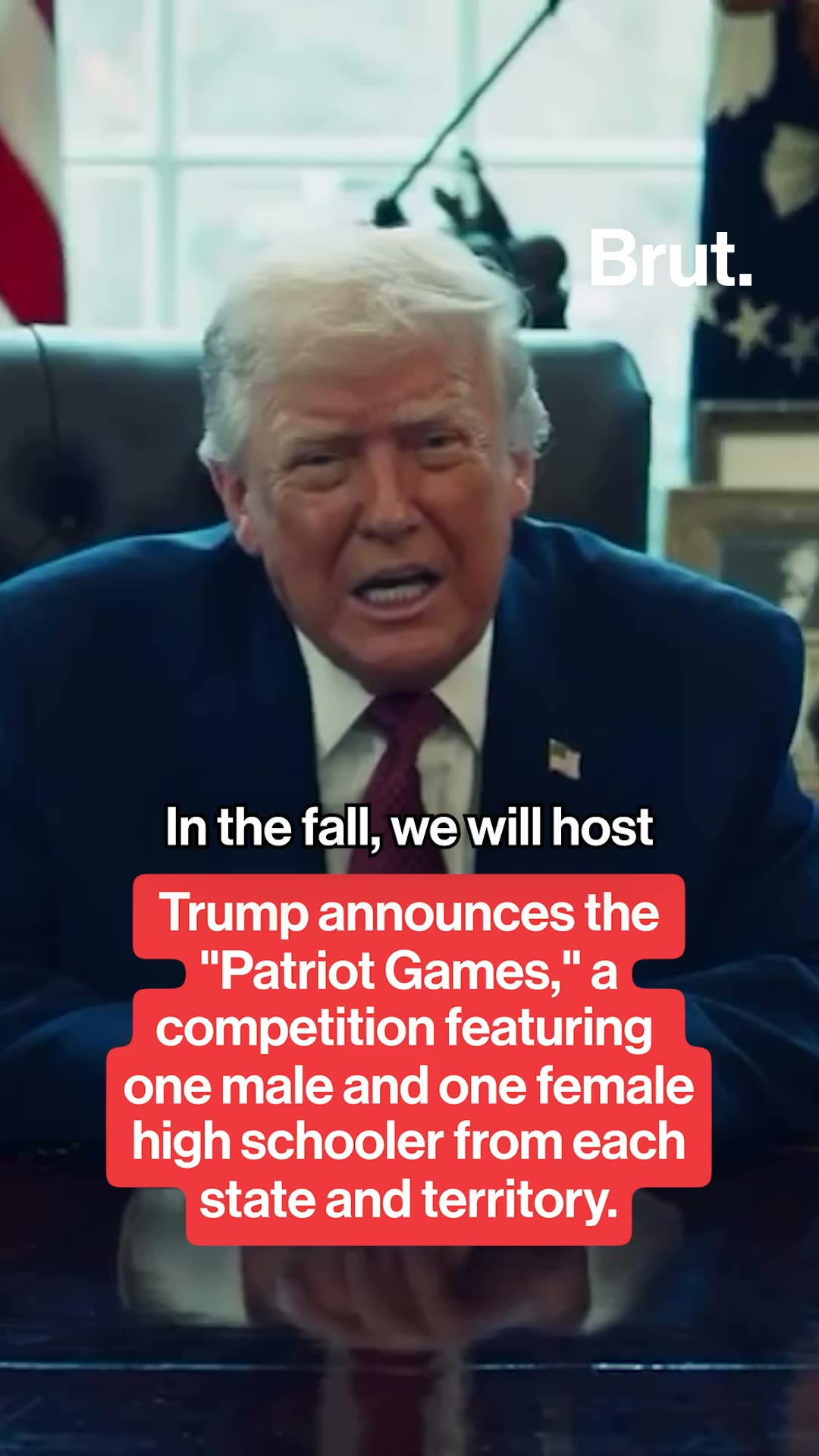What is the Defense Production Act?
The DPA was signed into law in 1950
The Defense Production Act, otherwise known as the DPA, gives the president certain powers over US companies for national security purposes. The president can order companies to prioritize production of key products and protect against price-gouging. It was signed into law in 1950 by President Harry Truman.
How the Korean War was involved
The U.S. was preparing to enter the Korean War, the first conflict in the Cold War, but it didn't have enough supplies."We must be prepared to make some sacrifice in our own standards of living. I'm sure that we will be willing to make sacrifices here at home if we think of the much greater sacrifices being made by our sons and husbands who are fighting at the front.", President Truman announced after signing the DPA into law. The DPA allowed Truman to make sure enough steel, copper, aluminum, and chemicals were produced for the war effort and that prices remained stable to protect the economy.
But the DPA isn't only used during war
In 2001, President George W. Bush used it to provide fuel and equipment to California during an energy crisis. In 2011, President Barack Obama used the DPA to require that phone network providers reveal how their products were made in order to combat cyber espionage. Today, using the DPA is common: the Department of Defense uses it to prioritize some 300,000 military contracts every year. During the coronavirus outbreak, many have called on the government to use the DPA to increase production of surgical masks and ventilators and to prevent states from competing against each other for supplies. President Trump has invoked the DPA, but has also said he doesn't want to use it to force businesses to produce specific products. New York Governor, Andrew Cuomo, recently commented on this, stating, “There are masks that we were paying 85 cents for, we're now paying $7. Why? Because I'm competing against every other state, and in some cases against other countries around the world.”
Brut.
What is the Defense Production Act?
The DPA was signed into law in 1950
The Defense Production Act, otherwise known as the DPA, gives the president certain powers over US companies for national security purposes. The president can order companies to prioritize production of key products and protect against price-gouging. It was signed into law in 1950 by President Harry Truman.
How the Korean War was involved
The U.S. was preparing to enter the Korean War, the first conflict in the Cold War, but it didn't have enough supplies."We must be prepared to make some sacrifice in our own standards of living. I'm sure that we will be willing to make sacrifices here at home if we think of the much greater sacrifices being made by our sons and husbands who are fighting at the front.", President Truman announced after signing the DPA into law. The DPA allowed Truman to make sure enough steel, copper, aluminum, and chemicals were produced for the war effort and that prices remained stable to protect the economy.
But the DPA isn't only used during war
In 2001, President George W. Bush used it to provide fuel and equipment to California during an energy crisis. In 2011, President Barack Obama used the DPA to require that phone network providers reveal how their products were made in order to combat cyber espionage. Today, using the DPA is common: the Department of Defense uses it to prioritize some 300,000 military contracts every year. During the coronavirus outbreak, many have called on the government to use the DPA to increase production of surgical masks and ventilators and to prevent states from competing against each other for supplies. President Trump has invoked the DPA, but has also said he doesn't want to use it to force businesses to produce specific products. New York Governor, Andrew Cuomo, recently commented on this, stating, “There are masks that we were paying 85 cents for, we're now paying $7. Why? Because I'm competing against every other state, and in some cases against other countries around the world.”
Brut.


